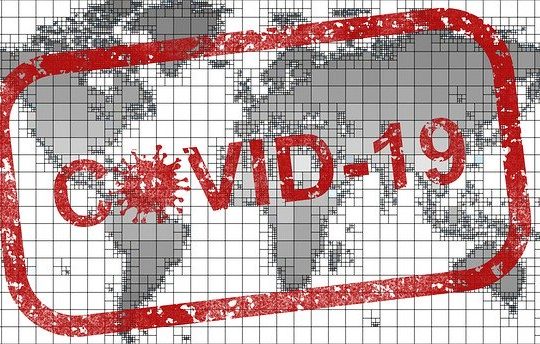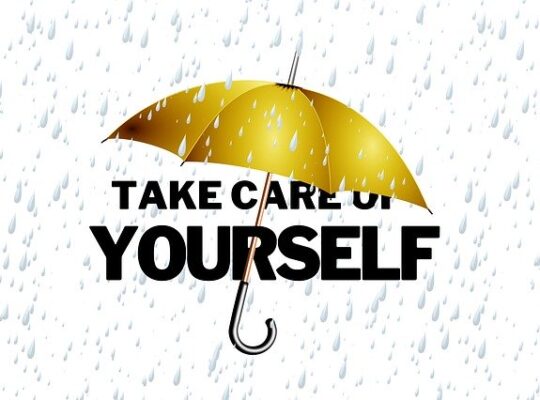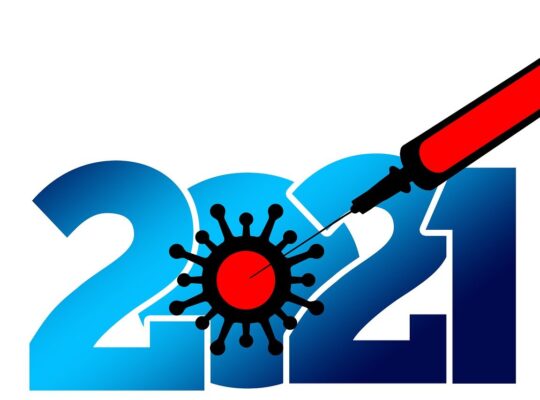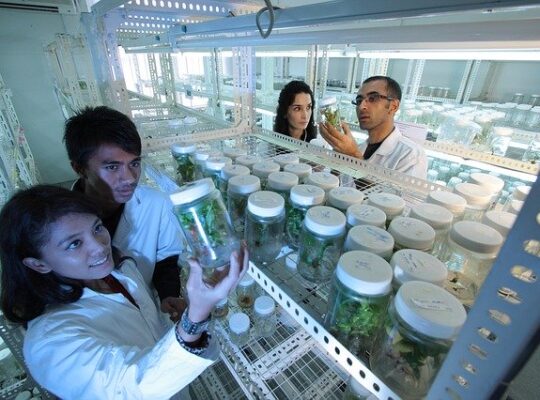IN BRIEF
-
The Facts:
The ‘thanks’ proffered by our authority to our health-care workers during this pandemic is so ubiquitous, it should have us all wondering about the true motive behind it.
-
Reflect On:
What would our world be like if we were no longer affected by our authority’s tried-and-true social programming methods?
When something is repeated over and over, it often has the capacity to put us to sleep. But occasionally, it has the opposite effect. Sometimes in the wake of redundant messaging our senses are aroused to a bitter taste or a stale odor that tells us something is just not right.
I had such an experience in tuning in to Ontario’s daily COVID-19 briefing today which I had done, optimistically, to see if there was any advance on when schools would be opening for my 6-year old. (no such luck). It came at the beginning of health minister Christine Elliot’s segment:
Before I begin, I would like to acknowledge and celebrate our amazing nurses, on this first day of National Nurses Week. Day and night our heroic nurses work tirelessly to care for the people of Ontario. From the bottom of my heart, thank you. Over the past few months, Ontario’s health care system has demonstrated remarkable responsiveness to the COVID-19 outbreak. That is in large part to our partners on the front lines, including our nurses, doctors, homecare, hospital and long-term care staff, personal support workers, and first-responders among many others. As we’ve confronted COVID-19, we’ve made historic investments to dramatically expand hospital capacity, and support the brave heroes working on the front lines of our healthcare system.
Elliot was literally gushing as she extolled the virtues of our health care workers. It was almost as though she had convinced herself that her plaudits were sincere.
What’s the Motive?
The surface political motive for many of our leaders to heap praise on health care workers, and encourage the public to do the same, is fairly straightforward. In thanking others, one gets to bask in the reflected glory of their accomplishments.
But upon deeper reflection, one can see that this strategy is so widely employed in the case of this pandemic because it simultaneously touches on all the bases that our authority want conveyed during their public proclamations. In fact, there are few social programming techniques that I can think of that are more powerful or effective. Let’s touch on a few of the bases ourselves:
Amplifying the Severity of the Pandemic. Through the clever sleight-of-hand of the praise of others, which the listening audience tends to take in readily with their guard down and their discernment filters on pause, the speaker is able to fully convince us of the danger we are facing, by commending health care workers for being willing to confront this danger. The more heroic we are made to think they are, the more danger that is implied. While the praise towards our fellow human beings (who are not part of the authority) makes us feel good to a certain extent, what is really being heightened in us is that low-level fear that this virus is lurking, ready to pounce on us at any misstep. A public that is in this state of fear is much easier to control and manipulate.
Legitimizing Western medicine. Listen to her terminology. ‘our partners on the front lines…the brave heroes working on the front lines.’ Why ‘Front lines’? Why is health care a ‘fight,’ always some kind of ‘war’? Because this has been the pre-eminent strategy of Western medicine all along–to make us feel that there has been an enemy invasion (a virus). To make us feel that our body does not have the necessary defense mechanisms (Western medicine virtually ignores our immune system). To make us feel that we are under attack, need protection, and the army of doctors and researchers spawned from Western medical school is our only hope (of course this is why traditional medicine, which works in concert with the immune system, has for so long been labelled quackery and pseudoscience).
Reinforcing government authority. In praising the health care workers and the system they operate within, our authority is actually reinforcing its own praiseworthiness without saying it directly. Instead, the government is seen as the benevolent manager of the whole process, ‘partnering’ with those laudable heroes in the health care system. So when the government brags that they’ve ‘made historic investments to dramatically expand hospital capacity,’ should we be standing up and applauding? Or should we be asking, if this whole government-medical system partnership is working so well, shouldn’t we be seeing a reduction in hospital beds instead of a constant increase? Shouldn’t the citizens as a whole be getting healthier, rather than getting sicker and more in need of drugs and treatments, as all the evidence and statistics tell us?
Nobody’s Knocking Our Health Care Workers
Now before anybody starts saying I’m knocking our health care workers, stop. Actually, if you’ve gotten this far in the article, I probably don’t have to worry about you. It is those who just read the headlines and then feel justified in making their outrage known on Facebook about seeing ‘another ridiculous conspiracy theory.’ The fact is, a bit of honest reflection will force us to admit that at some level we all know that our authority is trying to pull something on us every time they speak.
Just for the record, I believe health care is a very noble profession, with a majority of those working within the system being truly dedicated to the health and well-being of the patients they come into contact with.
However, this pandemic has not turned everybody working in health care into Florence Nightengales, as our leaders and mainstream media would have us believe. Those who were competent and caring in 2018 and 2019 are competent and caring in 2020 during this pandemic. Those who were incompetent and apathetic to their patients in the past have for the most part probably remained that way under the circumstances we currently face. Like in any occupation, there are good workers and bad workers. When a patient says ‘thank-you’ to a nurse or doctor for their service and care, it is spontaneous and authentic. It is meaningful. On the other hand, calling on the entire public to say ‘thank you’ to all health care workers, in speeches and promotional ads everywhere, 24/7, is likely staged and grounded in a very different agenda.
The Takeaway
The sooner we see through the motives behind these attempts to tell us what to think and how to feel, the sooner we will have a society founded on truth and authenticity.
Written by Richard Enos | Reprinted with permission Collective-Evolution.com | ©Collective Evolution





